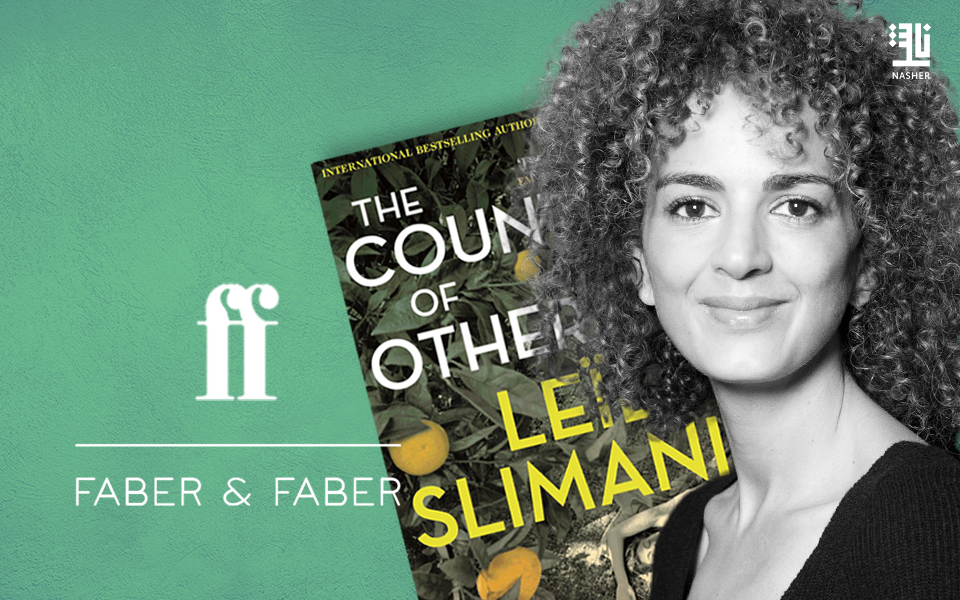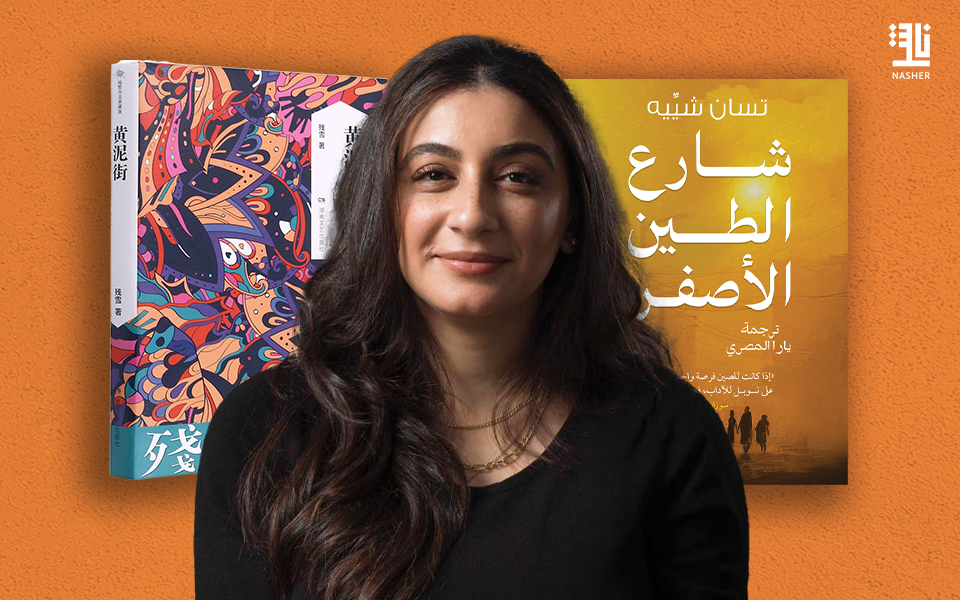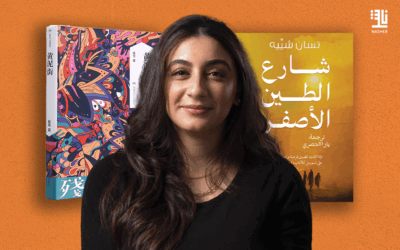It is hard to believe that some of the best selling books were/are banned in some countries upon their publication. We have picked ten books that were banned when they were published and you might be surprised by some of them.
Alice’s Adventures in Wonderland by Lewis Carroll (1865)
You could never imagine that one of the best loved children’s novel was actually banned in China, but in 1931 Alice’s Adventures in Wonderland was indeed banned as the governor of Hunan province ruled that animals should never use the human language and that it was disastrous to put animals and humans on the same level.
The children’s book—about a young girl’s dream of following a rabbit down a hole only to encounter an absurd world in which illogic reigns and various creatures of all shapes, colours, and sizes reside—has been attacked and banned throughout time for several different reasons. In 1900 a U.S. school prohibited the book from its curriculum, claiming that it expressed expletives and alluded to sexual fantasies.
To Kill A Mockingbird by Harper Lee (1960)
The Pulitzer-Prize winning novel about a white lawyer who defends a black man falsely accused of rape in America’s segregated south – has been subject to many challenges and temporary bans in US, on charges of racism and the accusation that it “represents institutionalised racism under the guise of good literature.”
Thirteen Reasons Why by Jay Asher (2007)
Ever since its publication in 2007, Asher’s bestselling book has divided opinion. The young adult novel tells the story of a high-school student’s suicide through a series of cassette tapes which she leaves behind for 13 of her fellow students. As the mystery untangles, each must work out how they fit into the puzzle of her death. Despite being hailed as a ‘valuable tool in igniting conversations about suicide, bullying, and consent’, schools in Canada and Colorado removed the book from their library shelves after concerned parents complained. By 2018 it had become one of the most banned, challenged and restricted books in America.
American Psycho by Bret Easton Ellis (1991)
Full of graphic violence, American Psycho is a clear target for censorship. It is banned in the Australian state of Queensland, and classified “R18” in the rest of Australia and New Zealand, and sales of it were severely restricted in Germany in the 1990s as well.
Harry Potter series, J.K. Rowling (1997)
Harry Potter and the fantasy world of Hogworts may seem fairly innocent, but this hugely popular series has faced opposition from parents and school boards on both sides of the Atlantic. Portrayal of death, evil and hatred – as well as promotion of belief in witchcraft – are among reasons cited for objections.
Lady Chatterley’s Lover by D. H. Lawrence (1928)
Based around an erotic affair between an upper class married woman and her game keeper, Lady Chatterley’s Lover was banned in the UK on the grounds of obscenity for over thirty years. It was finally granted publication rights in 1968 after Penguin won a landmark court case, and immediately sold out.
Lolita by Vladimir Nabokov (1955)
Nabokov’s controversial tale of a middle-aged scholar’s obsession with a 12-year-old “nymphet” was a cause of both celebration and alarm when it was first published in 1955: it was banned in the UK until 1959, along with a number of other countries – including France, Belgium, and Argentina, New Zealand, and South Africa as well as in some American communities. Lolita’s controversial status fuelled its success, leading it to the top of best-seller lists across the globe and today it enjoys a ban-free status in conjunction with being known as one of the most-groundbreaking novels of the 20th century.
The Da Vinci Code by Dan Brown (2003)
Dan Brown’s 2003 best-seller was banned in Lebanon over its “insulting” – though fictional – Jesus and Mary. Shop owners in the country were ordered to take copies off the shelves after complaints it was offensive to Christianity. The book, which has sold millions of copies worldwide, also portrays Catholic Church leaders as demonising women.
The Satanic Verses by Salman Rushdie (1988)
Salman Rushdie was infamously issued with a fatwa – or death sentence – by Iran for “blasphemous references” in 1988 novel The Satanic Verses, which is inspired in part by the life of the Prophet Muhammad. The book sparked riots across the world upon publication and was or currently banned in many Muslim majority countries, such countries include: India (Rushdie’s birthplace), Bangladesh, Egypt, Iran, Pakistan, and South Africa. The Satanic Verses, tells the story of two men infused with the Islamic culture and their (in)abilities to cope with Western influences
Wild Swans by Jung Chang (1991)
Jung Chang’s epic autobiography documenting three generations of women growing up in China amid political turmoil is banned in her native country due to its negative portrayal of the Mao regime.






